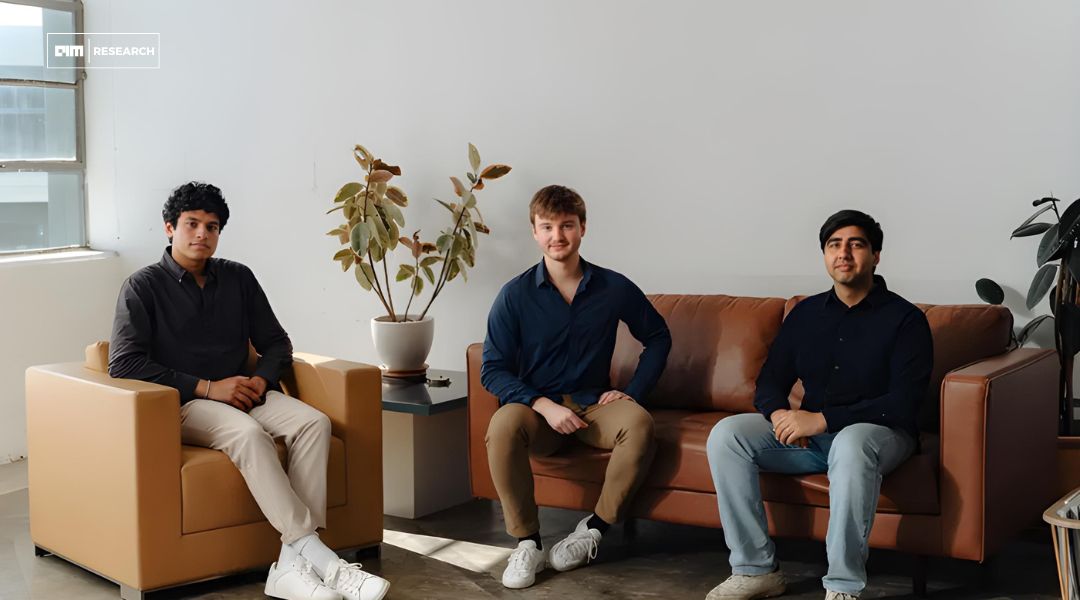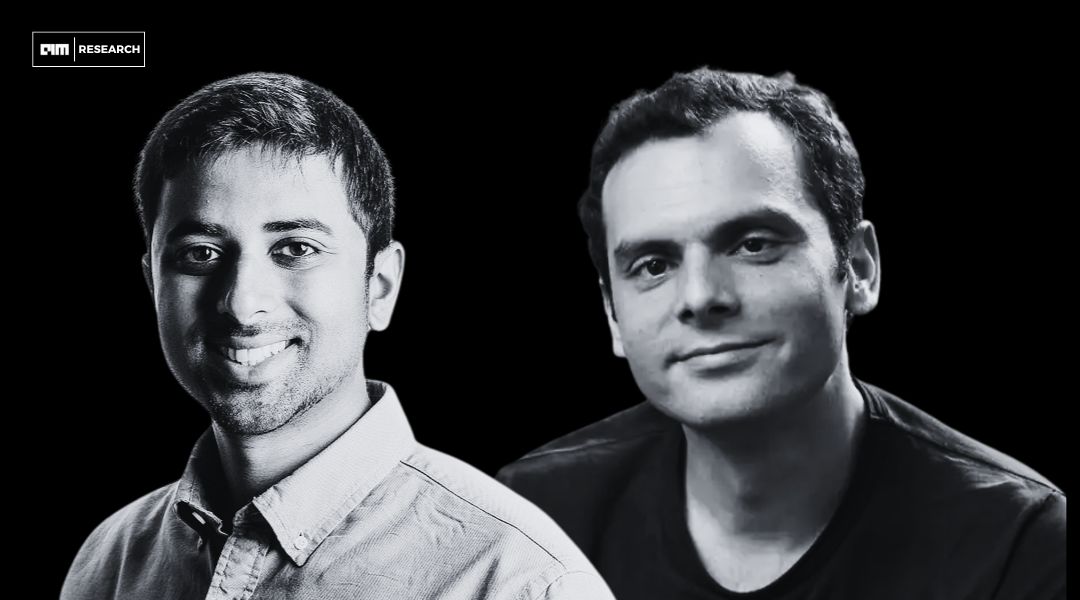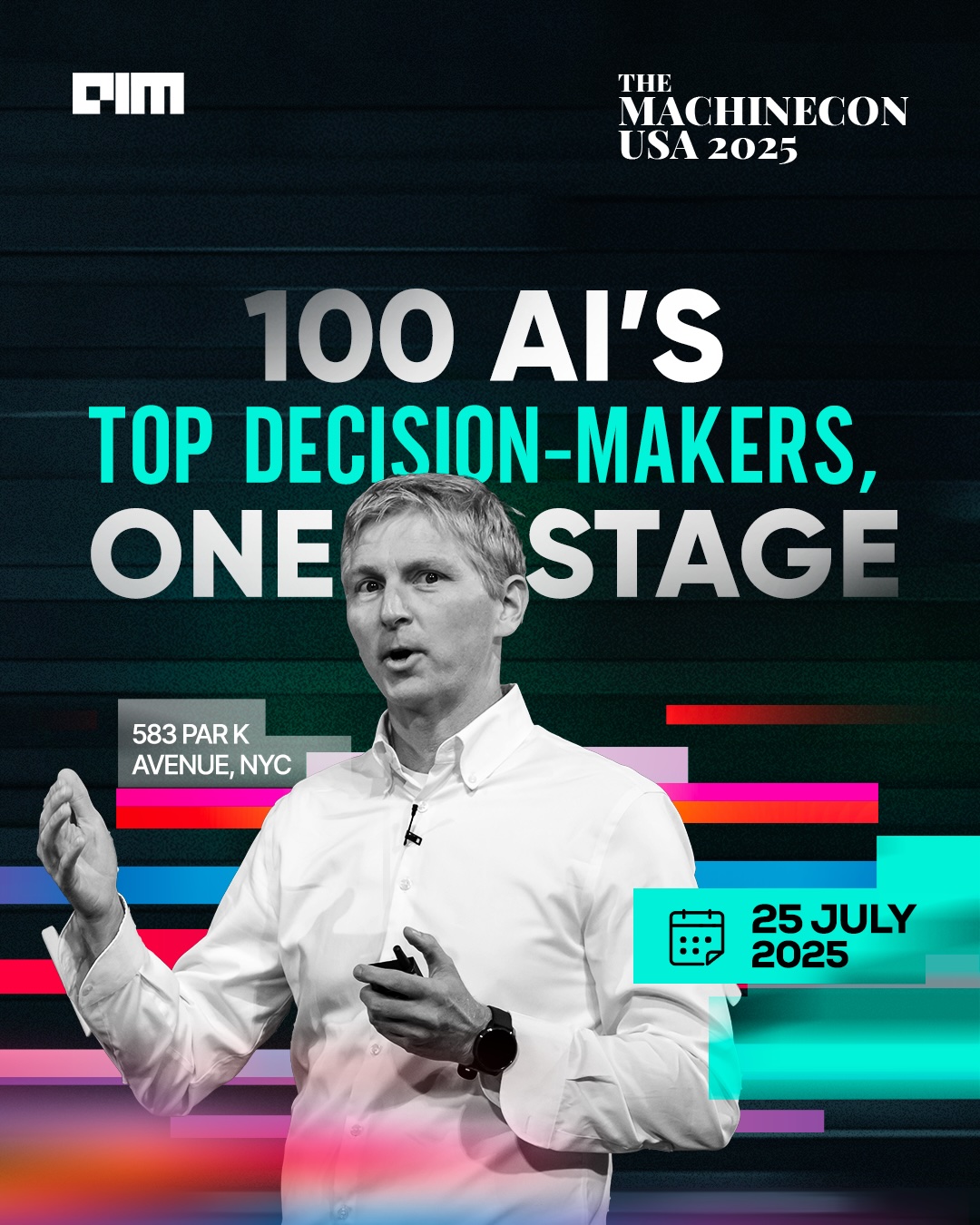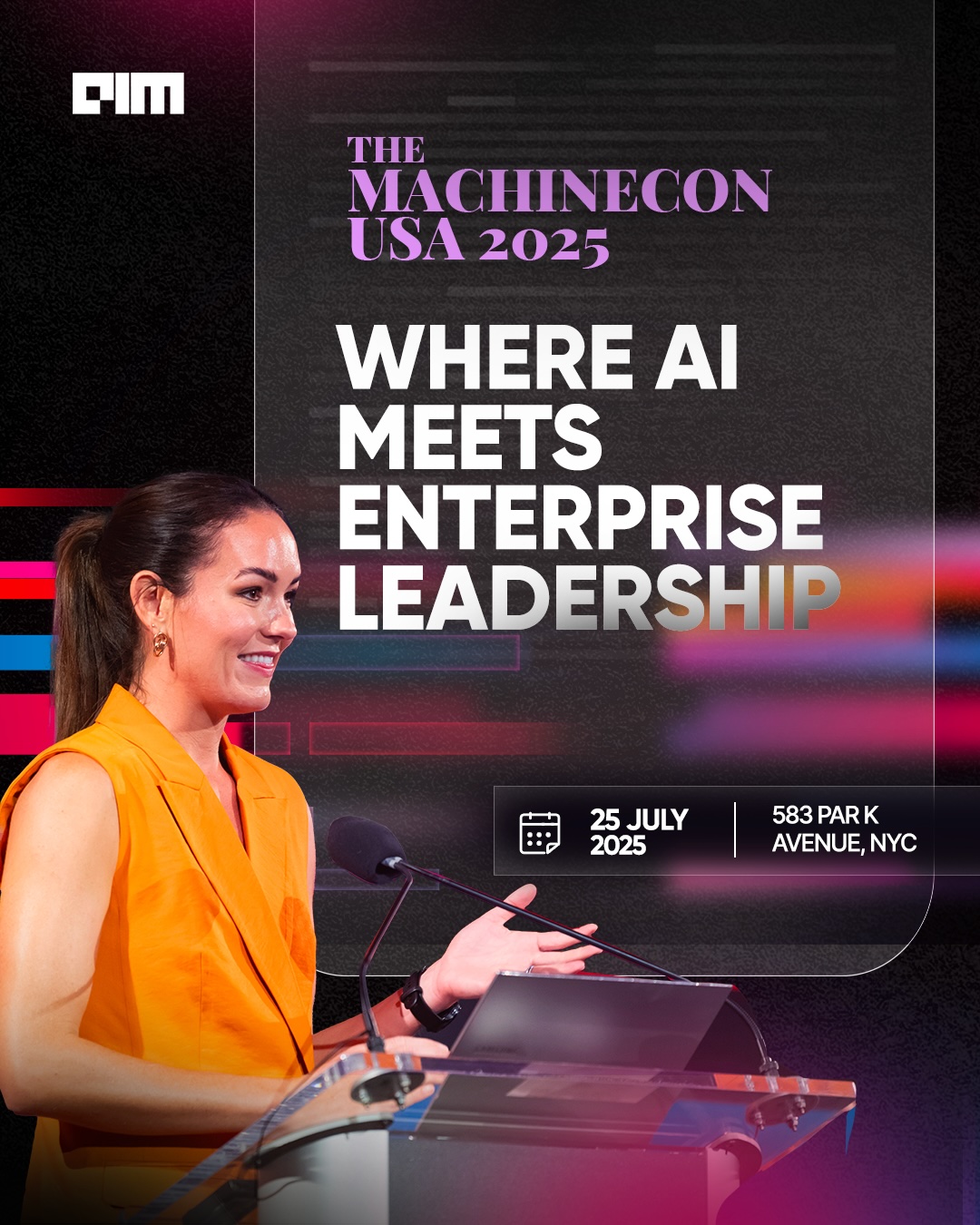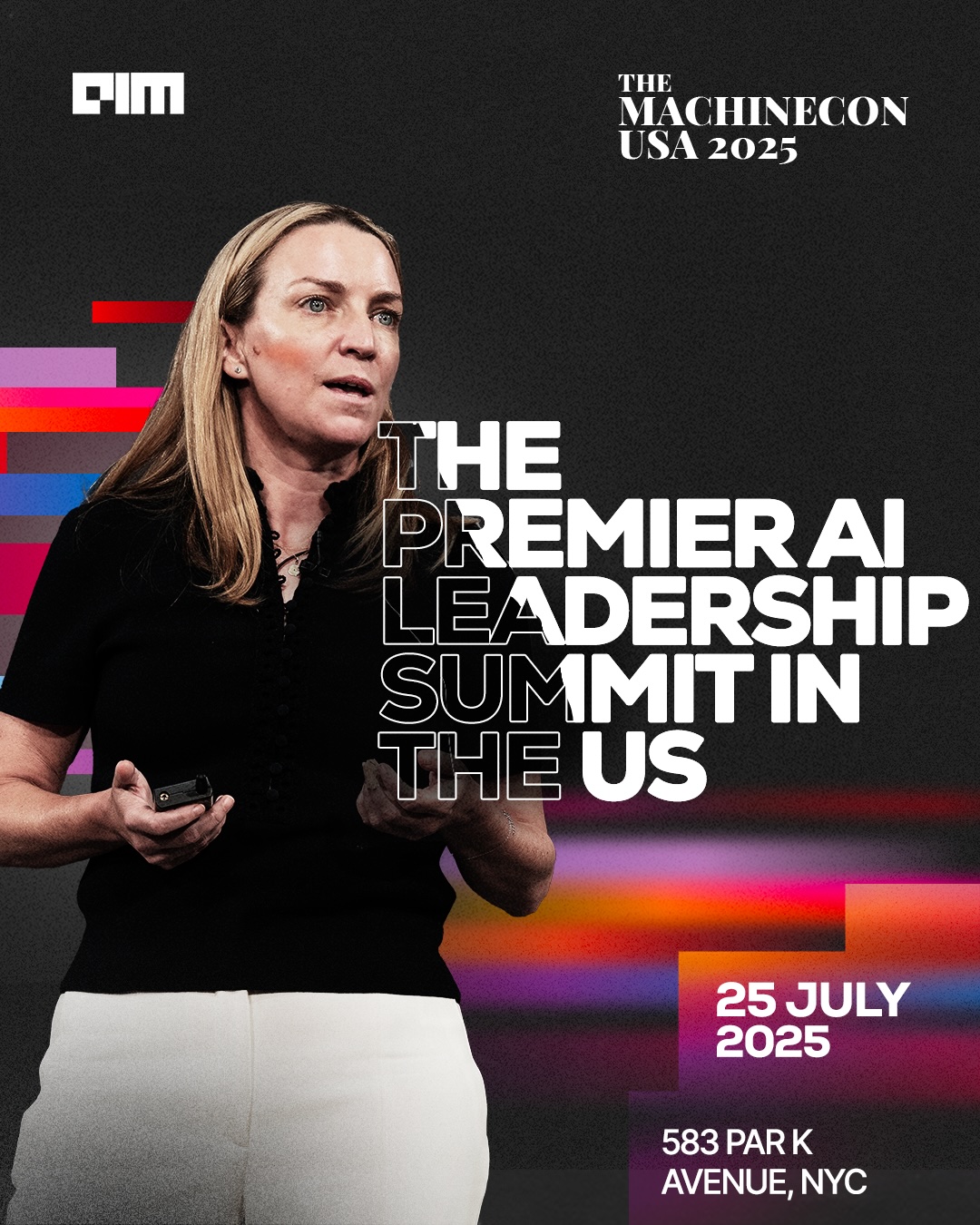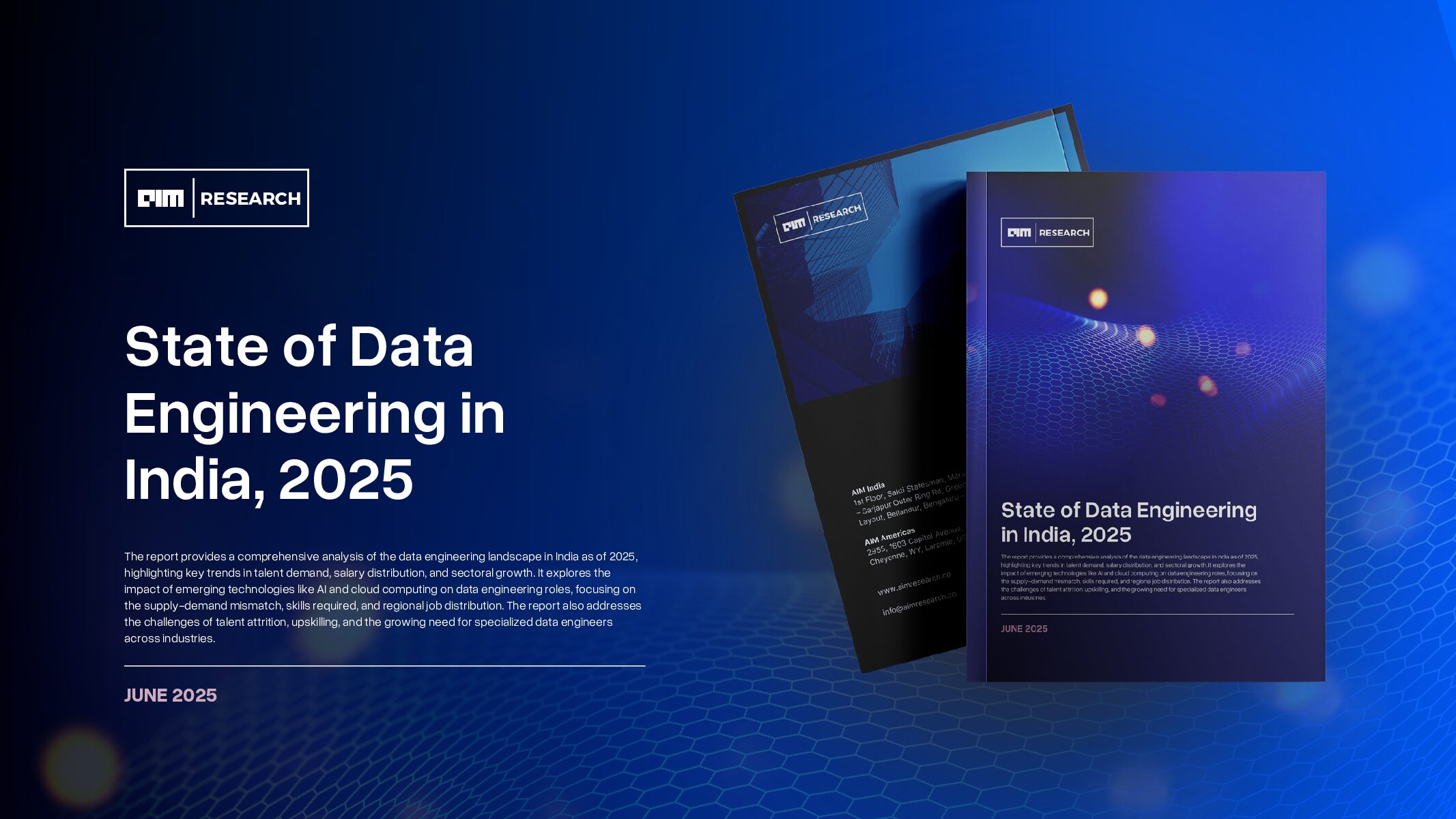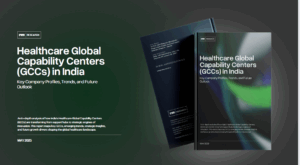Mercor, an artificial intelligence-powered hiring business, has raised $100 million in Series B funding, bringing its total valuation to $2 billion. The business, which was valued at only $250 million five months ago after collecting $30 million in Series A funding, has grown rapidly as demand for AI-driven recruitment solutions has increased.
Founded in 2023, Mercor is betting that AI can make better hiring decisions than humans. Its platform automates the entire hiring process, from resume screening and candidate matching to AI-powered interviews and payroll management. Employers provide job descriptions, and Mercor’s system recommends candidates based on their qualifications and predicted job performance. CEO Brendan Foody, speaking on CNBC’s Squawk Box, stated that Mercor’s AI models are trained to predict job performance with greater accuracy than traditional hiring methods.
“At a high level, Mercor is training models that predict how well someone will perform on a job better than a human can,” Foody said.
Mercor has already processed 300,000 candidates and conducted more than 100,000 interviews. The company claims that its system not only streamlines hiring but also reduces bias, though AI-driven hiring processes remain a subject of debate regarding potential algorithmic bias. Despite this, Mercor has reportedly secured major AI labs as customers, though Foody declined to disclose specific names.
Massive Growth and Profitability
Few AI startups can claim to be both fast-growing and profitable, but Mercor is one of them. The company has grown its revenue by an average of 51% month over month for the past six months and now boasts an annual revenue run rate of over $75 million. Unlike many high-burn startups in the AI sector, Mercor is already profitable, expecting to generate $1 million in profit and $7 million in revenue this month alone.
The company primarily generates revenue by charging hourly finders’ fees to clients. Many of its customers are AI labs, which are aggressively hiring engineers, consultants, PhDs, bankers, doctors, and lawyers. To meet this rising demand, Mercor has expanded its talent pool and has helped HR teams evaluate over 468,000 applicants.
India remains Mercor’s largest talent source, followed by the U.S., with rapid adoption in Europe and South America. With companies increasingly favoring flexible, project-based work, Foody believes Mercor is well-positioned for the future of hiring.
AI-Driven Hiring: The Future of Work?
Foody argues that AI isn’t just automating hiring—it’s fundamentally shifting how work is structured. Instead of traditional full-time employment, he envisions a workforce where companies prioritize expertise over tenure, hiring specialists for short-term projects.
“If AI automates 90% of the economy, then humans become the bottleneck for the remaining 10%,” he explained. “So there’s 10x leverage on every unit of economic output that humans contribute because the rest has been automated.”
This shift, according to Mercor, means that job matching will become more efficient, with each project being assigned to the best available talent rather than whoever happens to be on staff.
Investment Strategy and Data Advantage
The latest funding round was led by Felicis, with participation from General Catalyst, DST Global, Benchmark, and Menlo Ventures. Previous investors include notable figures such as Peter Thiel, Jack Dorsey, and Larry Summers. Foody, 21, secured a Thiel Fellowship last year—a grant that supports young entrepreneurs who leave traditional education to build companies.
Unlike many startups that actively seek funding, Mercor had investors approaching them. The funding round reportedly closed in just two weeks, with investors agreeing to Mercor’s terms quickly. The capital will be used primarily to expand the supply side of Mercor’s marketplace and enhance its AI vetting technology.
“The two moats are tied to the two things that we’re investing in,” Foody explained. “The first, in terms of supply side growth, getting all the smartest people in the world on the platform. But the second moat and the one that I’m arguably even more excited about is the data flywheel where we learn from every customer interaction.”
By continuously refining its models based on real-world hiring outcomes, Mercor believes it has a competitive advantage that compounds over time.
The Debate Over AI in Hiring
Despite Mercor’s rapid ascent, the company’s approach to hiring raises broader questions. AI-driven hiring systems have been criticized for perpetuating biases and making opaque decisions that lack human oversight. While Mercor claims its system is less biased than human recruiters, the broader industry remains skeptical of fully automated hiring solutions.
There’s also the question of job displacement. While Mercor argues that AI is making workers more valuable by automating repetitive processes, critics worry that fully automated hiring will eventually replace human recruiters altogether.
Foody, however, insists that Mercor is not eliminating jobs but rather ensuring that human workers are matched with roles where they can contribute most effectively.
A Young Team Making Big Bets
Mercor’s leadership team is remarkably young, with an average team age of just 22. The company recently brought on the former head of Human Data Operations at OpenAI and the previous head of Growth at Scale, signaling its ambition to scale quickly. Foody himself is among the youngest founders to lead a billion-dollar startup, joining the ranks of entrepreneurs who have leveraged AI to reshape industries.
With backing from top investors and adoption from leading AI labs, Mercor is betting that automated hiring will be the standard in the near future. Whether the industry fully embraces AI-driven recruitment or resists its encroachment remains to be seen, but Mercor is well-funded and moving fast.

